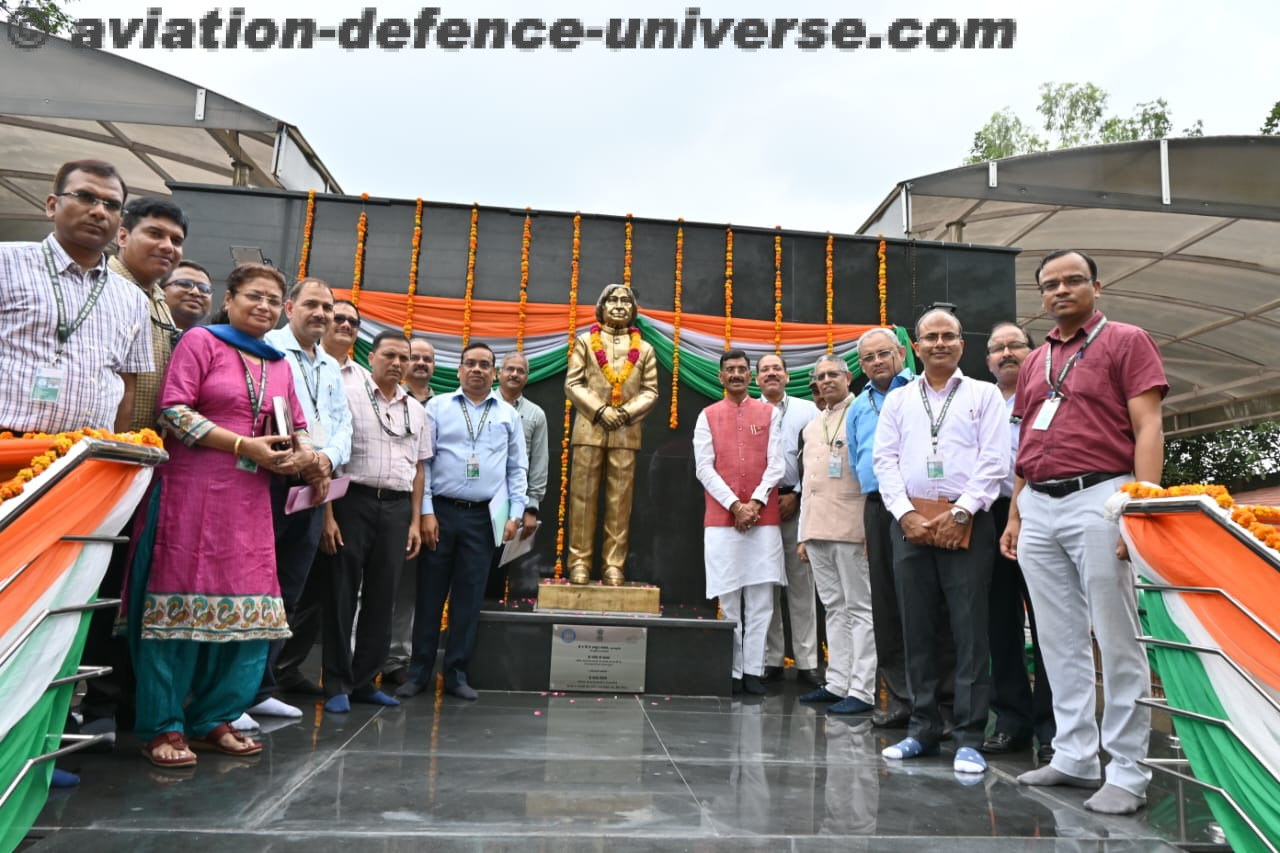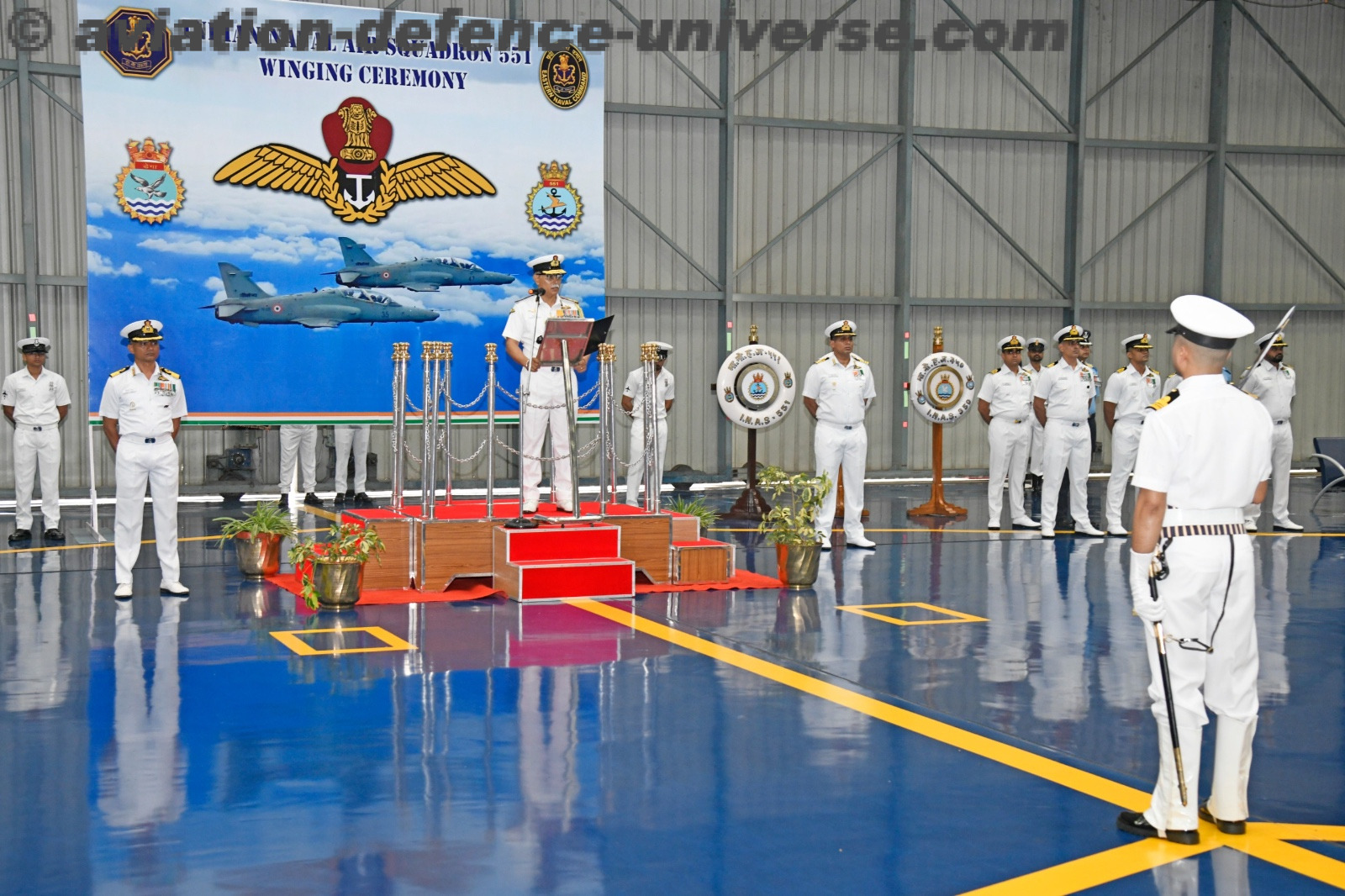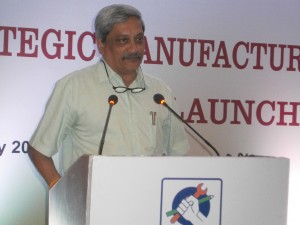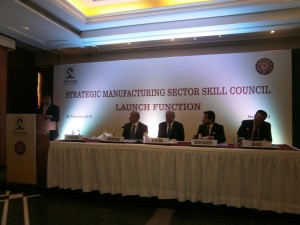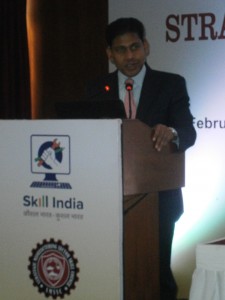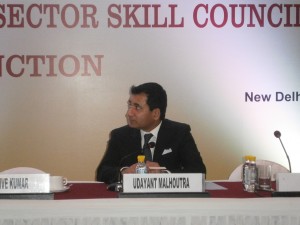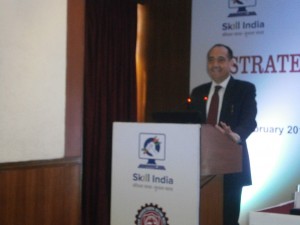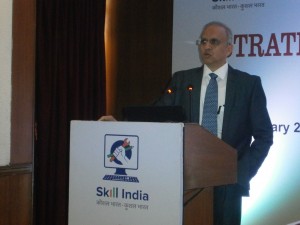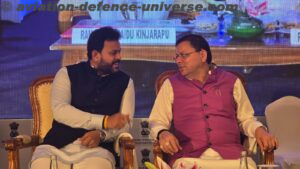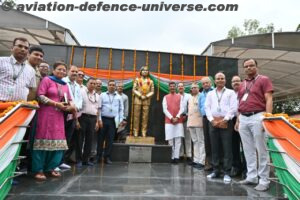By Team ADU
New Delhi. 22 February,2016. On the day when SIPRI’s report again identified India as the largest importer of defence equipment, a discussion on why teaching to fish was better than giving the fish – in the defence and strategic world would be a better choice, was on – at the launch of the Strategic Manufacturing Sector Skill Council.
One and a half million people will need to be trained in the highly technical procedures of manufacturing defence equipment within the country. This will be matching steps with the Prime Minister’s mantra of Make in India and indigenisation.
Defence Minister Manohar Parrikar while formally launching the council quipped business necessarily does not exist by eliminating others and the more one co-opts the better the opportunities become. His concern was that the skills created by the council should be absorbed by the industry, and hence it was very important to create a wider industry base in addition to the already existing one. Defence production industry both in public and private sector will be the market for this talent created.
He optimistically stated, “We are trying to work out a mechanism for manufacturing a high level fighter plane in India, though it is too early to talk about the participants. ”
CII with the support of the National Skills Development Corporation (NSDC), had initiated the process of setting up a Strategic Manufacturing Sector Skill Council (SMSSC) with the approval of the Ministry of Skill Development & Entrepreneurship.
Boeing’s President India, Pratyush Kumar, Prat, as he is popularly known, stated that Boeing’s two pronged strategy of bringing the best of Boeing to India and bringing the best of India to Boeing, stands true for developing skills in India too. He feels that the huge supply-demand gap for trained factory-line workers and engineers can be bridged by skilling the workforce and Boeing is working with National Skill Development Corporation (NSDC) to address this gap and to develop vocationally trained frontline workers in advanced manufacturing. The partnership between Boeing, NSDC and Nettur Technical Training Foundation has already produced its first batch, which has been fully absorbed by Rossel Techsys and the second batch is on with by Tata Advanced Materials Ltd. Pratyush said that skills are extremely perishable and need to be kept alive, which can happen only on the trained men finding commensurate work.
The SMSSC will cater to the Defence Manufacturing, Ship Building, Security Equipment and Safety and Fire Fighting Equipment Sectors. This Council will have representation of the Ministry of Defence, Ministry of Shipping & Skill Development & Entrepreneurship.
Udayant Malhoutra CEO & Managing Director of Dynamatic, who has actually transformed the aerospace sector in India, is the Chairman of the council and is extremely optimistic that the council will help create a trained workforce in the strategic manufacturing sector and will meet global standards of production. His company has adopted the Industrial Training Institute at Devanhalli, aiming to turn it into India’s first aerospace ITI. The strategic manufacturing sector provides employment to about 12 lakh people and is expected to employ over 30 lakh in the next ten years, he informed.
“The sector requires high precision levels and the current training infrastructure is inadequate. There is an urgent need to identify the gaps, assess the demand of various skill sets and build a skilled workforce for which all the stakeholders need to work collectively,” he said.
The SMSC will create a dynamic Labour Market Information System (LMIS) to keep track of the labour market, identify skill gaps, frame occupational standards, ensure adequate availability of faculty, build accreditation and certification mechanisms and encourage capacity building through private sector participation.
SDS Hayer, Head of Mahindra Defence & Land systems stated that they have associated with ITI Palwal and the on-the-job training is imparted at their plant in Palwal and facilities abroad. Trainers are available to train the workers and they have tied up with YMCA to get the curriculum made to their requirement. Up gradation and certification help in retention of workforce and design & development with manufacturing & quality are major needs of the hour to develop appropriate skills in the highly technical defence arena, he feels.
The purpose of setting up the Strategic Sector Skill Council is to draw job roles, lay out occupational standards, accredit and certify people, including Trainers in these sectors of industry in order to meet current and future requirements of skilled manpower and address the skills gap which is expected to arise over a 10-year timeframe due to growth in business opportunities and absorption of new technologies by these sectors.
Kaustubh Shukla, the Chief Operating Officer of the Industrial Products Division of Godrej & Boyce, who is also the Treasurer of the council feels innovation is in the DNA of the company and these are driven either through Kaizens or Improvement Projects. Also aerospace is beyond six sigma as it has to have zero error, he said. For the uninitiated Godrej Aerospace, a business unit of Godrej & Boyce has made the BrahMos missile airframe assemblies. The company is also a major supplier to ISRO.
The SMSSC will train and certify 1.5 lakh persons over a period of 10 years, covering 50 job roles from level 1 to 5, as also certify 200 training institute and 3,320 trainers.
There is an emerging consensus that shifting from export-led recovery and growth towards greater reliance on domestic and regional sources of demand will be critical to sustain economic prosperity in Asia as well as globally. And this cannot be achieved without skills development of the work force, which is the mainstay of the industry.













